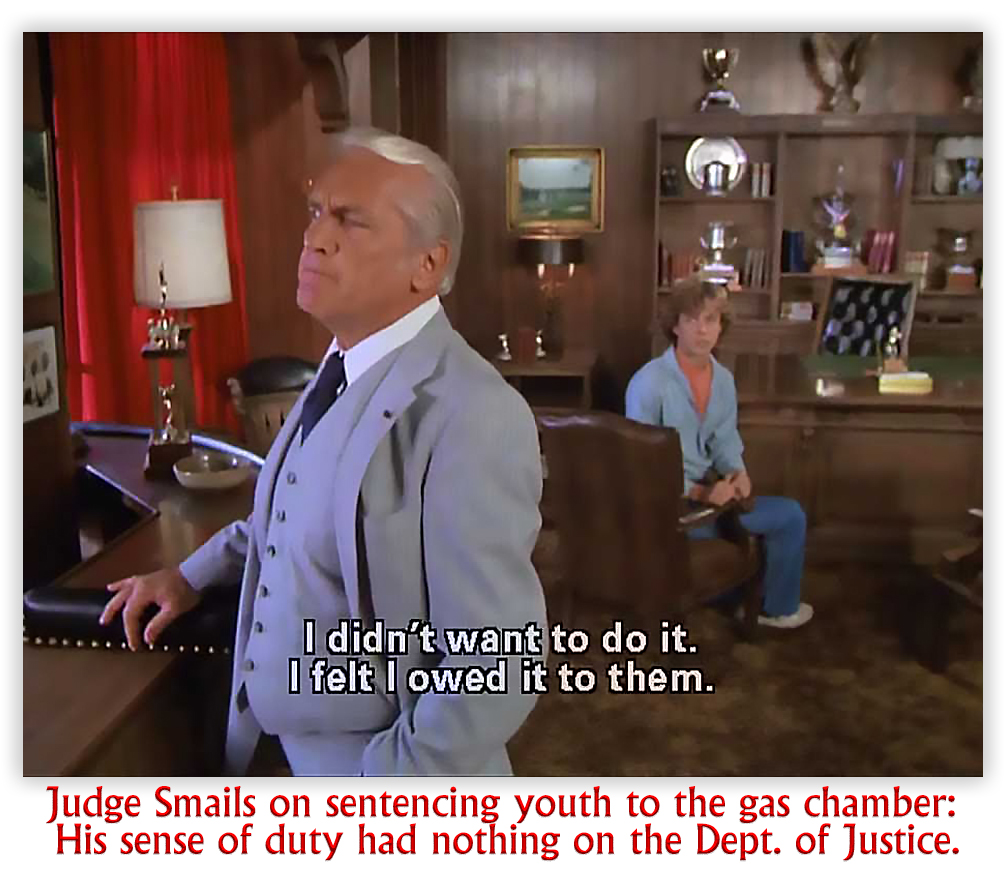We post news and comment on federal criminal justice issues, focused primarily on trial and post-conviction matters, legislative initiatives, and sentencing issues.

SOME AUSAS ARGUING AGAINST FSA RETROACTIVE SENTENCES
Inmates filing for retroactive application of the Fair Sentencing Act to crack sentences imposed before August 2010 have run into a confusing morass of judicial interpretations and U.S. Attorney’s Office positions.
A substantial number (1,610, according to the Dept. of Justice a week ago) have received sentencing reductions. A number of others in a few districts are sitting in limbo, on file for months without action. Still others are like Monae Davis, who walked out of prison March 7 because of the retroactive Fair Sentencing Act (included as Section 403 of the First Step Act) . But as Monae looks for work and re-connects with his family, prosecutors are working to undo the resentencing that shaved six years off his 20-year prison sentence, because the government says the amount of drugs they handled was too large to qualify for a reduced sentence.
 Monae pled guilty to selling 50 grams or more of crack, resulting in his 20-year sentence. Under the retro FSA, that carries a minimum sentence of five years, less than half the time he has already served. But prosecutors say Monae should not get a break, because in his plea deal he admitted to handling between 1.5 kilograms and 4.5 kilograms. That’s too high, even under current law and guidelines, to qualify for a sentence reduction.
Monae pled guilty to selling 50 grams or more of crack, resulting in his 20-year sentence. Under the retro FSA, that carries a minimum sentence of five years, less than half the time he has already served. But prosecutors say Monae should not get a break, because in his plea deal he admitted to handling between 1.5 kilograms and 4.5 kilograms. That’s too high, even under current law and guidelines, to qualify for a sentence reduction.
DOJ told Reuters last week that it is just trying to ensure that prisoners seeking relief under the First Step Act aren’t treated more leniently than defendants now facing prosecution. DOJ said prosecutors now have a greater incentive than previously to bring charges that more closely reflect the total amount of drugs they believe to be involved. “This is a fairness issue,” a DOJ spokesman said.
Speaking of fairness, Attorney General William Barr announced last Thursday that the BOP would resume executions of inmates sentenced to death in December, with five lethal injections scheduled through the end of January 2020. “The Justice Department upholds the rule of law — and we owe it to the victims and their families to carry forward the sentence imposed by our justice system,” Barr said in a statement.
Reuters, As new U.S. law frees inmates, prosecutors seek to lock some back up (July 23)
Washington Post, Justice Department plans to restart capital punishment after long hiatus (July 25)

9TH CIRCUIT HOLDS THAT ELUDING IMMIGRATION ONLY HAPPENS AT PORTS OF ENTRY
Oracio Corrales-Vazquez, a Mexican citizen, walked into the US over the mountains east of Tecate, California. He only made it about four miles into U.S. territory when Customs and Border Patrol picked him up. Oracio was charged with eluding examination or inspection by immigration officers” in violation of 8 USC § 1325(a)(2).
 Last week, a 9th Circuit panel reversed his conviction, holding that an alien who crosses into the country at a non-designated time or place is not guilty of a § 1325(a)(2) offense. Rather, to convict a defendant under § 1325(a)(2), the government must prove that the alien’s criminal conduct occurred at a time and place designated for “examination or inspection by immigration officers,” that is, at a port of entry open for inspection.
Last week, a 9th Circuit panel reversed his conviction, holding that an alien who crosses into the country at a non-designated time or place is not guilty of a § 1325(a)(2) offense. Rather, to convict a defendant under § 1325(a)(2), the government must prove that the alien’s criminal conduct occurred at a time and place designated for “examination or inspection by immigration officers,” that is, at a port of entry open for inspection.
United States v. Corrales-Vazquez, 2019 U.S. App. LEXIS 22063 (9th Cir. July 24, 2019)
– Thomas L. Root

